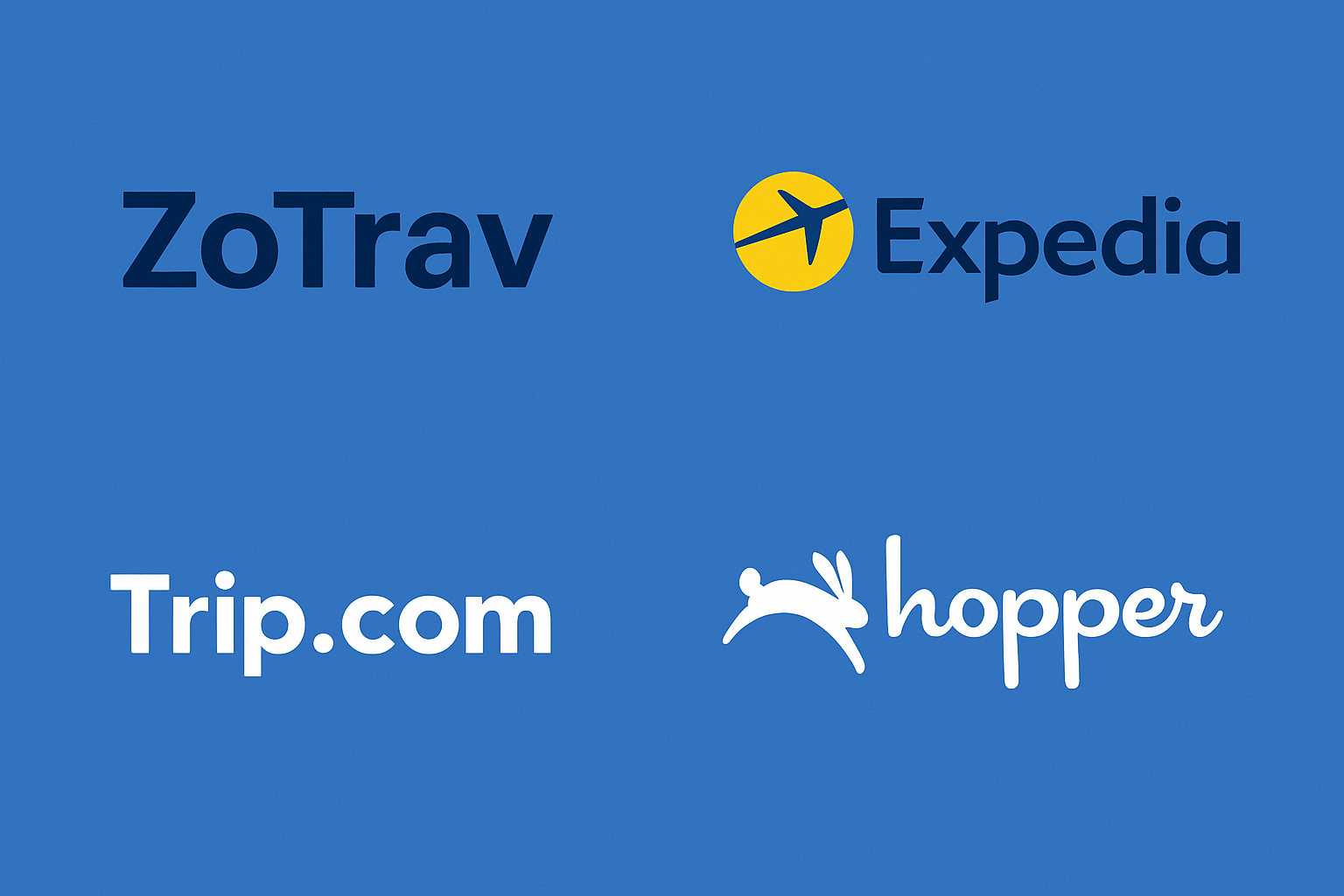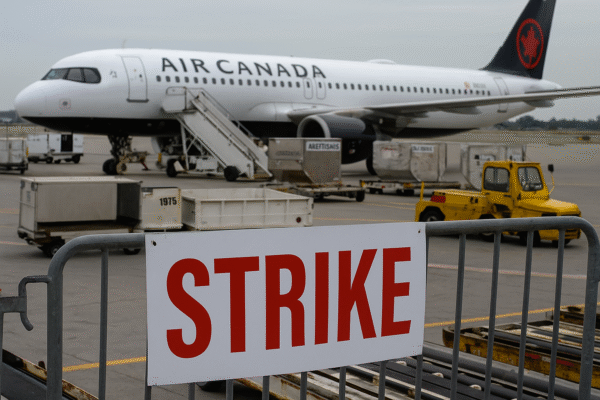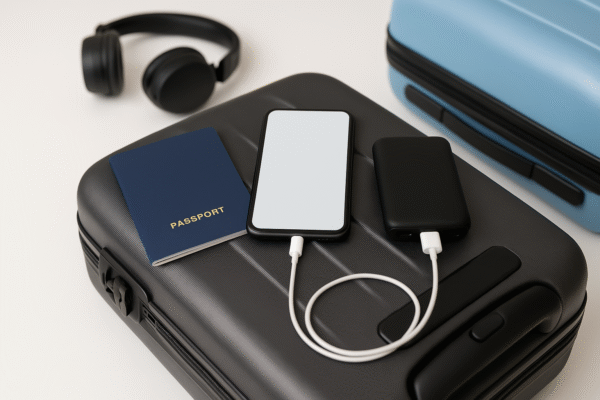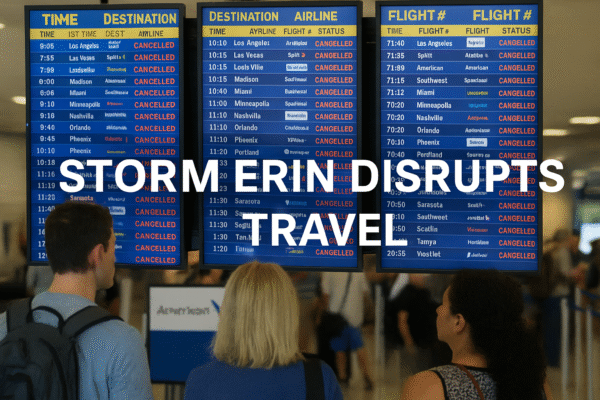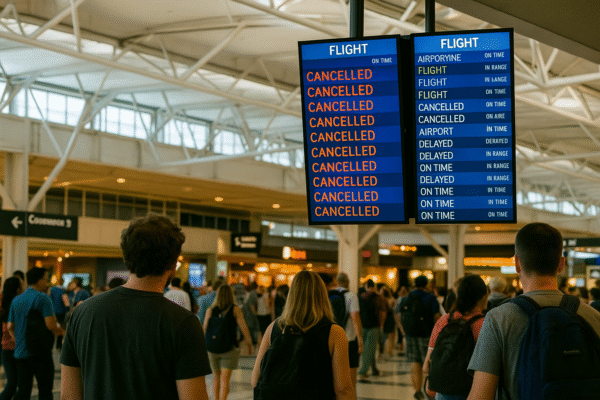North Carolina Strengthens Tourism Safety with New Anti-Human Trafficking Law Targeting Hotels and Vacation Rentals
North Carolina has taken a major step toward combating human trafficking in its tourism sector by enacting House Bill 971 (HB 971), a comprehensive law that mandates training for hotel and vacation rental staff. Effective July 1, 2025, this legislation positions North Carolina as a leader in protecting travelers and vulnerable individuals by involving the hospitality workforce in the early identification and prevention of trafficking crimes.
The law directly impacts hotels, vacation rentals, and accommodation facilitators such as Airbnb and VRBO. It requires property managers, employees, and third-party contractors involved in operations like housekeeping, guest services, maintenance, and food service to complete human trafficking awareness training. This initiative aligns with both state and national strategies to combat modern slavery and exploitation within the travel and tourism industry.
Mandated Training Requirements for Lodging Professionals
HB 971 stipulates that property managers listing new vacation rentals on or after July 1, 2025, must complete the designated training before making their listings live. For properties listed before that date, all relevant individuals—whether employees or subcontractors—must complete their initial training by June 30, 2027, and continue to renew their certification every two years.
New employees and contractors must undergo training within 60 days of employment. The training is provided free of charge through a collaboration between the North Carolina Department of Labor (NCDOL), the North Carolina Human Trafficking Commission, and other relevant agencies. It is available in multiple formats—online, in-person, and classroom-based—to ensure accessibility for diverse teams across the state.
Industry-Wide Responsibilities and Government Oversight
Under the new law, compliance isn’t limited to traditional hotel chains. It extends to vacation property managers, short-term rental platforms, and third-party service providers operating within lodging environments. Companies such as Airbnb and VRBO must inform hosts of the new legal requirements and ensure training certifications are obtained before properties go live on their platforms.
The North Carolina Department of Labor will maintain regulatory oversight, including conducting inspections and reviewing compliance documentation. Property managers must keep detailed training records—such as employee names, completion dates, and course titles—for a minimum of three years after employment ends.
Reporting Mechanisms and Visible Prevention Measures
In addition to training, HB 971 requires that all lodging establishments implement clear and actionable procedures for reporting suspected human trafficking. This includes direct reporting to local law enforcement or the National Human Trafficking Hotline.
Hotels and vacation rentals must also display signage with the hotline number and reporting guidance in visible locations such as lobbies, check-in counters, and employee-only areas. These measures serve as both a deterrent and a life-saving resource for potential victims and observant staff.
Penalties for Non-Compliance
To ensure adherence to the law, HB 971 outlines escalating penalties for violations. The first offense can result in a $500 fine, with the second and subsequent violations escalating to $1,000 and $2,000, respectively. Furthermore, intentionally misrepresenting the completion of training constitutes an unfair trade practice under North Carolina’s General Statutes and may lead to more severe legal consequences.
These stringent penalties underscore the seriousness of the state’s commitment to protecting human rights within the hospitality and tourism sector.
Support Resources for the Tourism Industry
To help businesses transition smoothly into compliance, the North Carolina Department of Labor has created a dedicated online portal offering resources such as:
- Free training programs
- Signage templates for public and private display
- Reporting procedure guidelines
- Frequently asked questions tailored to hospitality businesses
This support system reflects a statewide push to educate, empower, and protect those working in and visiting North Carolina’s tourism destinations.
A Proactive Approach to Safer Travel
North Carolina’s HB 971 is not just a regulatory requirement—it’s a call to action for the entire hospitality ecosystem to become part of the solution in combating human trafficking. The law empowers frontline staff to identify red flags and encourages a coordinated effort between the public and private sectors.
In a state known for its scenic mountains, pristine beaches, and rich cultural heritage, ensuring traveler safety is paramount. With tourism being a key economic driver for cities like Asheville, Raleigh, Charlotte, and Wilmington, this measure adds a layer of integrity to the guest experience while reinforcing North Carolina’s image as a responsible travel destination.
Looking Ahead
As the July 2025 deadline approaches, hotels, vacation rental operators, and platform facilitators are encouraged to initiate their training and reporting protocols as early as possible. Proactive compliance will not only help avoid fines but also contribute to a safer, more ethically conscious hospitality industry.
By introducing HB 971, North Carolina is making a powerful statement: tourism and human dignity must go hand-in-hand. Travelers, hosts, and workers alike can now play a more informed and empowered role in identifying exploitation and keeping communities safe.
For more travel news like this, keep reading Global Travel Wire



